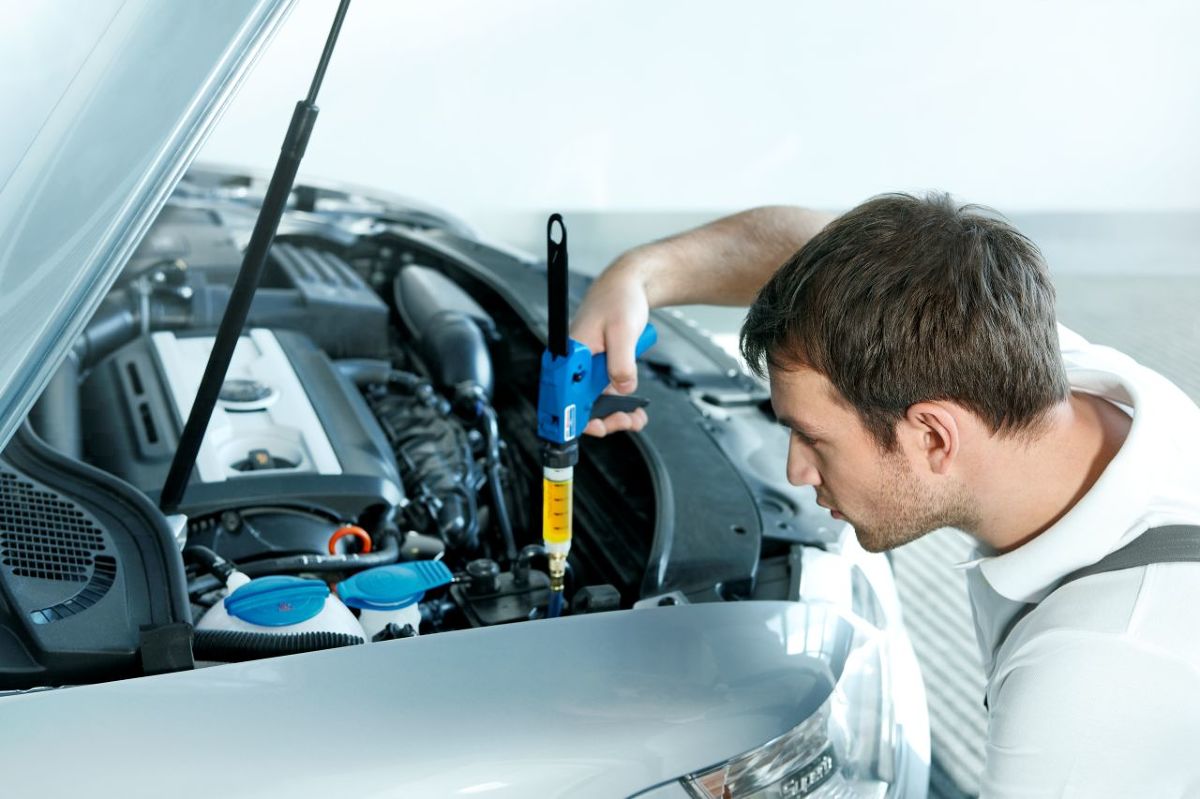Care under the hood: regular maintenance of the engine and its components
Author: Kristopher Washington

In the world of automobiles, the engine is the heart that provides the necessary power to keep the car running smoothly. Just as the human heart requires proper care and maintenance, so does the car engine.
Regular maintenance of the engine and its components is critical to ensure optimal performance, extend the life of the vehicle, and prevent costly repairs in the future.
The importance of regular maintenance
Engines are complex systems with numerous moving parts that work in harmony with each other, generating power and driving the vehicle. Over time, these components wear out due to friction, heat, and exposure to various elements.
Regular maintenance helps identify and fix these problems before they escalate into serious problems.
Here are some good reasons why regular engine maintenance is necessary:
1. Improved Performance
A well-maintained engine runs at peak efficiency, providing better fuel economy and overall performance. Regular inspections and adjustments ensure that the engine delivers maximum power without excessive loading.
2. Durability
Timely maintenance can significantly extend the life of your vehicle. Solving small problems in a timely manner prevents larger and more expensive problems from occurring in the future. Regular oil changes, for example, help keep the engine lubricated and reduce friction, resulting in longer engine life.
3. Security
A properly maintained engine contributes to the overall safety of the vehicle. Engine malfunctions can lead to unexpected breakdowns or loss of power while driving, which can be dangerous, especially in critical situations.
4. Resale Value
If you decide to sell your car in the future, an engine in good condition can significantly increase its resale value. Potential buyers are more inclined to invest in a car that has a documented history of regular maintenance.
Engine Maintenance Components
Effective engine maintenance involves a series of tasks and inspections to keep all components in optimal condition.
Some of the key components to look out for include:
1. Oil change
Regular oil changes are perhaps the most important aspect of engine maintenance. Engine oil lubricates moving parts, reduces friction and helps regulate temperature. Over time, the oil breaks down and becomes less efficient, which can cause damage to the engine. Regular oil changes and oil filter changes are essential to ensure the smooth operation of the engine.
2. Fluid levels
In addition to oil, other fluids such as coolant, transmission fluid, brake fluid, and power steering fluid also play a crucial role in engine performance. Monitoring and maintaining proper fluid levels helps prevent overheating, corrosion, and other problems.
3. Air Filters
Air filters prevent dirt, dust and debris from entering the engine. Over time, these filters become clogged, reducing airflow and reducing fuel efficiency. Regularly checking and replacing air filters can improve engine performance and fuel economy.
4. Belts and hoses
Drive belts and hoses are responsible for powering various engine components such as the alternator, water pump, and air conditioning compressor. These components can wear out over time and can lead to engine failure if not replaced if necessary.
5. Spark plugs
Spark plugs play a vital role in igniting the air-fuel mixture in the combustion chamber. Worn spark plugs can lead to misfires, reduced fuel efficiency, and reduced engine performance. Replacing spark plugs at recommended intervals is essential for optimal engine performance.
6. Battery Maintenance
The battery provides the initial power to start the engine. Regularly cleaning the battery terminals, checking for corrosion, and ensuring proper voltage levels are critical to preventing start-up problems.
Establishment of a maintenance regime
To keep your engine in tip-top shape, it's important to do regular maintenance. Refer to your vehicle's owner's manual for manufacturer-recommended maintenance intervals and tasks.
If you're not comfortable doing these tasks yourself, consider taking your vehicle to a certified mechanic or dealership for professional service.
In conclusion, regular maintenance of the engine and its components is not only a matter of convenience; This is a crucial aspect of responsible vehicle ownership.
By investing time and effort in caring for your engine, you can enjoy improved performance, increased safety, and a longer lifespan for your beloved car.
Remember that proper engine maintenance is the key to a smoother and more enjoyable driving experience.




